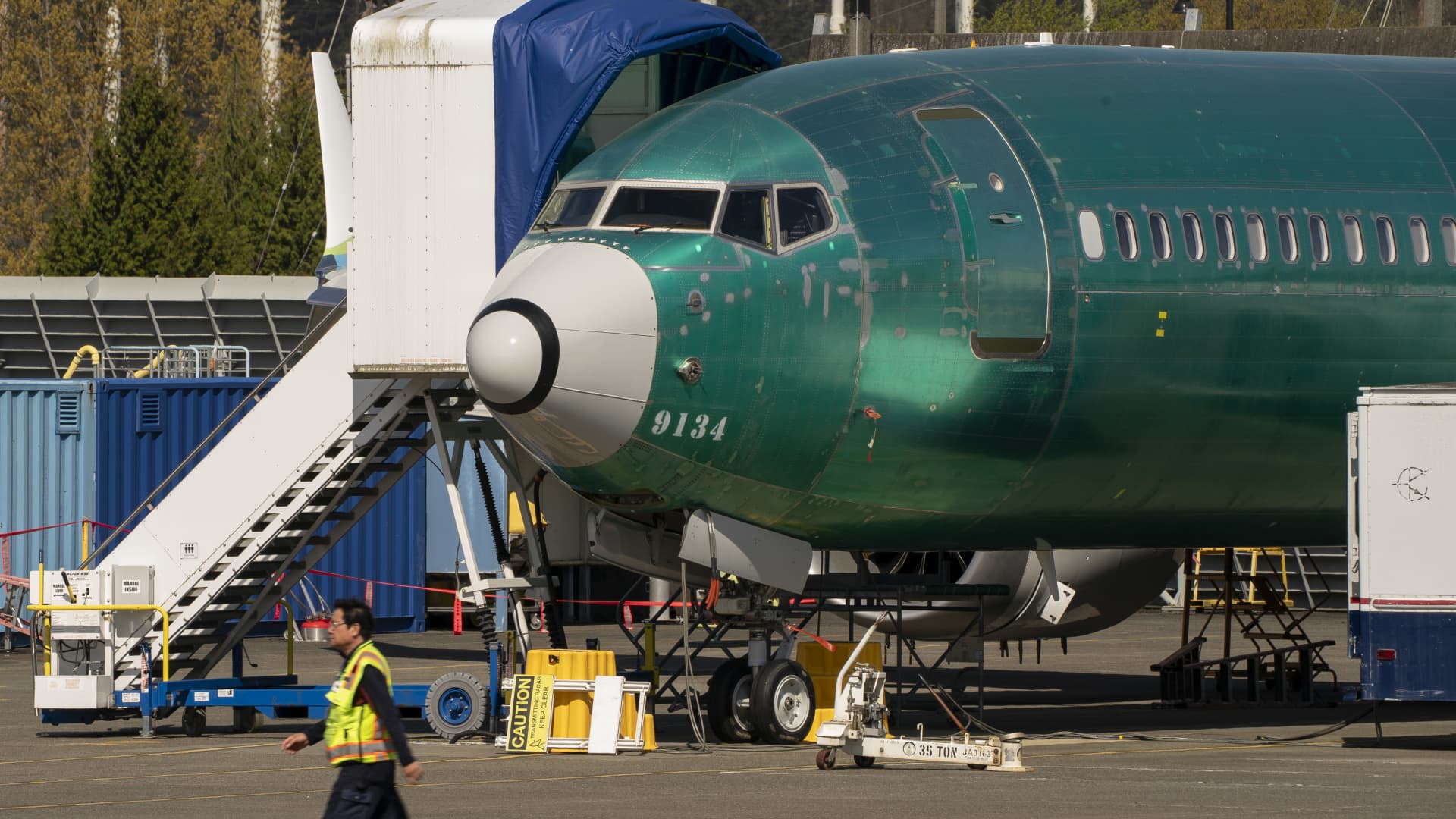Boeing’s Strategic Maneuver to Avert Guilty Pleas in 737 Max Controversy
Boeing is negotiating with the U.S. Department of Justice (DOJ) to avoid pleading guilty to criminal charges tied to the fatal 737 Max crashes in 2018 and 2019, which killed 346 people. The aerospace giant aims to secure a deferred prosecution agreement or alternative settlement by early July 2024, sparking debates about corporate accountability in aviation safety. This legal strategy follows renewed scrutiny after a January 2024 Alaska Airlines door plug incident reignited concerns about Boeing’s manufacturing practices.
The Legal Chess Game: Terms of Boeing’s Proposed Deal
According to recent court filings, Boeing’s potential agreement with prosecutors could include:
- A substantial financial penalty exceeding $200 million
- Strengthened compliance monitoring for 3-5 years
- Mandatory safety protocol overhauls
- Victim compensation funds without admitting criminal liability
“This isn’t just about writing a check—it’s about avoiding the devastating business consequences of a felony conviction,” explains aviation attorney Rebecca Marshall. “A guilty plea could jeopardize Boeing’s government contracts, including $23 billion in annual defense revenue.” The company currently faces 32 pending lawsuits from victims’ families, with settlement costs already surpassing $2.5 billion.
Families Push Back Against Settlement Terms
Relatives of crash victims have mobilized against the proposed deal, with 15 family groups submitting a June 17th letter to the DOJ demanding a trial. “We’re seeing the same pattern—Boeing wants to pay its way out of accountability,” says Nadia Milleron, whose daughter died in the Ethiopian Airlines crash. Their coalition proposes stricter terms:
- Court-appointed independent monitor with subpoena power
- Mandatory board-level safety oversight changes
- Public admission of fault regarding known MCAS system flaws
Legal experts note the DOJ faces pressure from competing interests. “Prosecutors must balance deterrence against preserving a critical defense contractor,” says former federal prosecutor Mark Ellison. “The compromise will likely include behavioral reforms rather than punitive measures.”
Broader Implications for Aviation Governance
The controversy highlights systemic issues in aerospace regulation:
- FAA oversight: 2023 Congressional reports found the agency delegated 89% of 737 Max certification tasks to Boeing employees
- Whistleblower protections: Three Boeing quality managers have come forward with safety concerns since 2024
- Market concentration: Boeing and Airbus control 92% of global commercial aircraft production
Aviation analyst Richard Aboulafia warns: “When corporations this large face watered-down consequences, it creates moral hazard. The industry needs structural reforms, not just symbolic penalties.”
What Comes Next in Boeing’s Legal Saga?
The DOJ must decide by July 7 whether to:
- Accept Boeing’s settlement proposal
- Demand stricter terms
- Proceed with criminal charges
Meanwhile, Boeing continues implementing its “Quality Transformation Plan,” investing $500 million in workforce training and factory upgrades. Yet skepticism persists—Boeing’s stock (BA) remains 35% below its 2019 peak, and airlines have delayed 737 Max orders worth $12 billion this year.
As the deadline approaches, all eyes turn to Deputy Attorney General Lisa Monaco, whose decision will set precedents for corporate accountability in critical industries. For aviation safety advocates, the case represents a pivotal moment to redefine where corporate responsibility ends and criminal liability begins.
Stay informed about developments in this case by subscribing to our aviation safety newsletter for expert analysis and breaking updates.
See more Business Focus Insider Team

